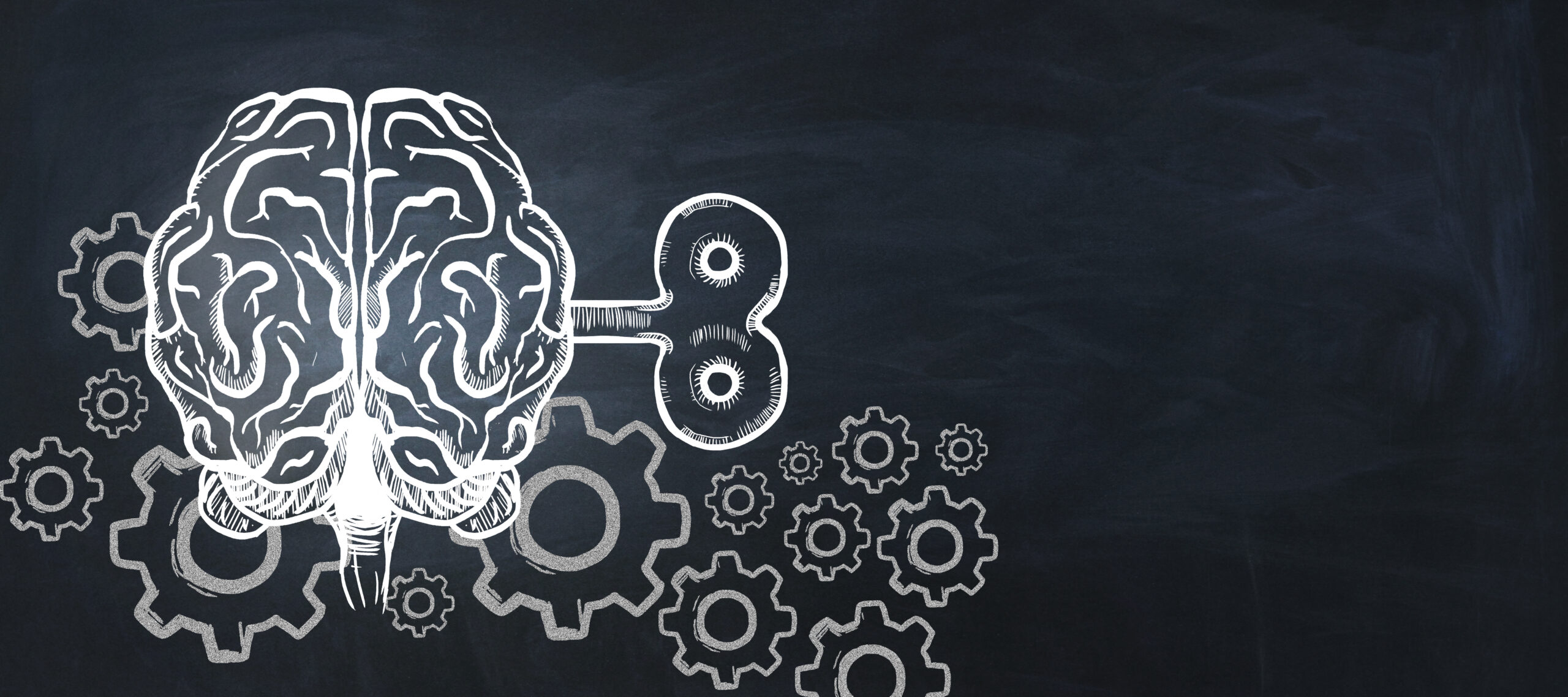- by nohsemperlux

Table of Contents
ToggleAbstract
This post casts doubt on the popular perception of happiness as one of the ultimate goals in life and proposes a novel viewpoint tailored to be more consistent with the world at this moment. The main alteration suggested throughout the post is to view happiness more in terms of a tool, not a goal. By making effective use of the reward system existent within our brains, the whole new possibility of facilitating the formation of healthier, more productive habits opens.
To Be Happy
What should you do to get better at English? You should take time to study English. Similarly, mastery of mathematics requires consistent effort. Then, what should you do to be happy? The answer is predictable: dedicate time to be happy.
Now, is this how you have been approaching happiness? Most likely, no. Nowadays, people tend to regard achievements as prerequisites for happiness. They chase tremendous wealth, high social status or a prestigious career, expecting to grab hold of happiness as a consequence. I won’t deny that these marvelous accomplishments can lead to happiness. However, the core principle remains: to be happy, you have to study happiness and toil to achieve happiness. Focusing solely on achievements may yield results, but it doesn’t guarantee the intended outcome of happiness.
What Is Happiness?
This leads us to the next question, what is happiness? Happiness may be an emotion, the overall feeling of content and satisfaction that makes the life worth living. The definition is subject to myriad variations, because happiness is an abstract concept devoid of a fixed definition.
In this post, a greater emphasis is placed on the role the happiness plays rather than on its precise definition. While happiness is an abstract concept, it has a rather clear role: throughout life, happiness acts as a signal that makes activities or resources advantageous for survival desirable. People often feel happiness when they get to eat food rich in fat and protein, because the consumption of such nutrition boosts the chance for survival. People avoid bitter taste or unpleasant odor because they are indicative of the presence of toxin or other harmful substances.

However, happiness is not always a good guide. That’s why many people worldwide suffer from addiction. The society has become highly complicated and survival is no longer dependent on the physically challenging yet intellectually simple game of hunting and gathering. In order to survive the contemporary society, modern capacities such as literacy, basic understanding of sciences and practice of healthy habits are needed. Unfortunately, our brains, calibrated to stimuli of the past and slow to change, often gets us trapped with bad habits that reduce the chance for survival instead of increasing it.
The ascendancy into wisdom is possible when we realize that happiness is not the ultimate goal to be reached, but a rather outdated system that is prone to error. With this rather radical change of viewpoint, we can retrieve a true control over our lives. Happiness is no longer an ultimate destination, but a flawed system that we must re-calibrate with contemporary facts and values to make it work again. We are no longer dragged around by happiness. We become an independent entity that actively search for productive and meaningful activities and utilize happiness as a means to achieving them. In short, happiness becomes a tool that guides our lives towards a more positive direction.
What Does This Mean To Us?
With greater power comes greater responsibility. We can no longer rely on the archaic mechanism of pleasure-seeking system to achieve success. We are given many choices throughout life, and some tempting possibilities such as procrastination, nicotine and alcohol have to be forgone in order to proliferate. While our outdated happiness system favors them, we have to, with wisdom bestowed upon us by sciences, learn to avoid them.
Does That Mean That We Should Forgo Happiness After All?
No. Instead, we can use scientific understanding of the world to use happiness as a motivation for growing healthier habits.
It was once believed that exercise should be avoided. According to this essay, ancient physicians sometimes warned their patients against strenuous exercises, claiming that they are bad for health. Things are different now, and exercise is often regarded as one of the best ways to prevent various illnesses. It is simultaneously well known that while exercises may cause temporary exhaustion or pain, they can stimulate the production of endogenous molecules such as endorphin that brings about ecstatic feelings.
This opens the possibility to exploit our pleasure-seeking mechanism as a means to grow the healthy habit of exercising regularly.
Conclusion
The summary is simple: by employing happiness as a tool for getting something, we may facilitate the development of many beneficial traits and habits that used to be so hard to cultivate. Such change in the paradigm of happiness may serve as an important source of energy in our long journey to promote excellent health. If you are interested in more posts related to human mind, you may visit the following pages:
How To Deal With People Who Hate You
The Pathophysiology of Excessive Worrying